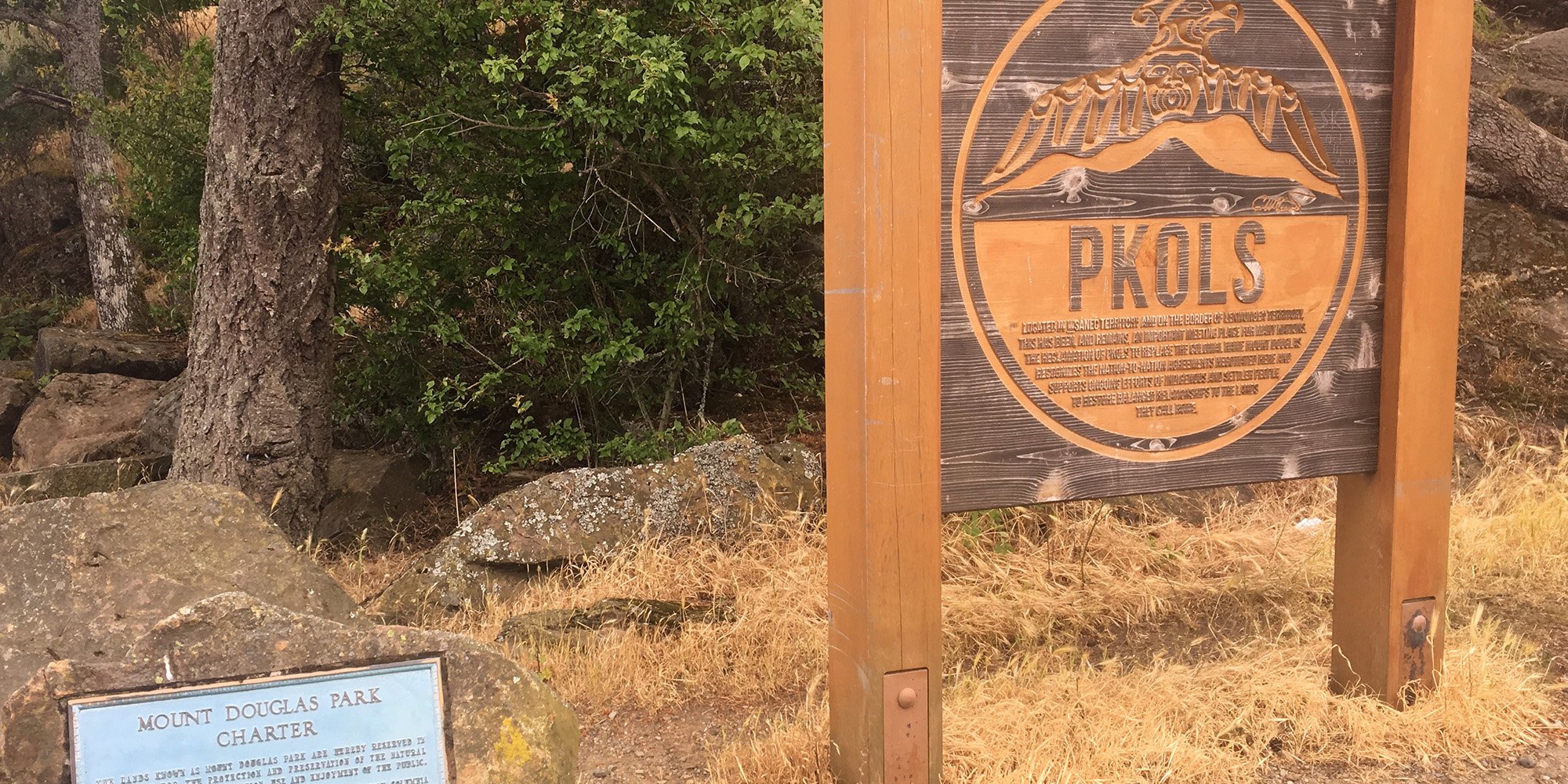Indigenous Name-Dropping - The Dead Cat Bounce
The funny thing about building effective relationships and Indigenous name-dropping is that unless you are very sure of your audience, you can have...

To name drop or not to name drop... that is the question.
Many people assume that it is okay to name-drop as they move from community to community in their work.
Communities, like people, have relationships. They can support each other, be in conflict with each other, or be indifferent to each other.
To name-drop when the communities are in conflict with each other offers no value and can be outright disastrous. For example, to say “I just came from community X and they really liked what I had to say” may result in the community you are now trying to work with silently saying, “Oh, you’re working with them. Hmmm.”, at which point they are just waiting for you to leave.
On the other hand, to name-drop when the communities support each other offers value as you can build on trust between the two communities. For example, “I just came from community X and they really liked what I had to say” may result in the community responding with, “Right on, who did you work with over there?”
Take care to research the type of relationships that exist between communities before name-dropping if you are to be effective.
Before name-dropping, be sure to see if they belong to the same tribal council or treaty council. Additional research into the relationships between member tribal or treaty councils should show whether there are possible signs of internal conflict between individual communities.
For more on name-dropping, please see Indigenous Name-Dropping: The Dead Cat Bounce
This information has been reproduced from our book Working Effectively with Indigenous Peoples®, 4th edition which is included with our Working Effectively with Indigenous Peoples® training.
This article was originally published in 2012 but has recently been refreshed.

The funny thing about building effective relationships and Indigenous name-dropping is that unless you are very sure of your audience, you can have...

According to Merriam-Webster, protocol is “a system of rules that explain the correct conduct and procedures to be followed in formal situations.”...

What is the relationship between Indigenous Peoples and place names? Indigenous place names carry knowledge that has been passed from generation to...